When considering behavioral health treatment, you have many options to choose from. Programs can feature a range of practices to help you overcome addiction and manage your mental health. However, one type of treatment is often considered the gold standard for behavioral healthcare, and that is evidence-based treatment. Keep reading to explore evidence-based treatment options that are available in behavioral healthcare.
What is Evidence-Based Treatment?
An evidence-based treatment option is a treatment method that has been tested in various trials and studies to assure its effectiveness. It has been studied by researchers to assess how well it delivers its promised results and has been deemed effective.
Evidence-based treatments can be a therapy modality or therapeutic intervention. They can come in various forms, but the key part is they have been proven effective at helping individuals facing challenges with behavioral health.
Five Examples of Evidence-Based Treatment Options in Behavioral Healthcare
There are many evidence-based treatments available. In this section, we’ll highlight five of these practices typically used in behavioral healthcare settings.

Cognitive Behavioral Therapy (CBT)
Cognitive behavioral therapy is well-known for being an effective evidence-based treatment option for those battling substance abuse. It involves clients examining their thought patterns, identifying negative ones, and working to reframe them into positive patterns. This therapy operates on the basis of connecting thought patterns with behaviors; by changing thought patterns, individuals are then able to change their behaviors to shape them into healthier actions.
Dialectical Behavior Therapy (DBT)
Dialectical behavior therapy helps individuals strengthen their impulse control and enhance their emotional regulation skills. Individuals learn to embrace acceptance, as well as build healthy coping skills for managing stressors. This type of therapy can be especially helpful for those who experience frequent conflict in their relationships. DBT also often features a focus on cultivating mindfulness practices, which provides another way to manage stress and regulate emotions.
Eye Movement Desensitization and Reprocessing (EMDR)
Eye movement desensitization and reprocessing is a therapeutic technique frequently used to treat individuals dealing with posttraumatic stress disorder. It involves an intricate step-by-step process that includes pairing certain eye movements with the remembrance of certain traumatic events. Under the guidance of a specially trained therapist, an individual will recall a traumatic memory while following a specific movement or listening to a certain sound. It is believed this eye movement can help make changes in how traumatic memories are processed, lessening the distress associated with them.
Acceptance and Commitment Therapy (ACT)
This therapy involves individuals identifying their values and goals and finding ways to better align their lifestyle with these elements. Clients are encouraged to accept their emotions and thoughts and make the decision to commit to carrying out actions that support their values. This therapy can be especially powerful in helping individuals clarify what matters most to them and taking steps as necessary to reorient their priorities around this.
Motivational Interviewing (MI)
Motivational interviewing is a technique used to help individuals pinpoint their motivations for making changes in their lives, thereby increasing their resolve to maintain these changes. Therapists work with clients to help them identify their goals and their reasons for setting them. Respect is an important component of this type of therapy to help the therapist effectively support the client in better understanding their goals and motivations.
How is Evidence-Based Treatment Used in Behavioral Healthcare?
Different treatment centers incorporate evidence-based treatment into their programming in unique ways, depending on their clinical model and treatment approach. Many programs feature a range of evidence-based therapies in their programs to ensure comprehensive support for clients. These evidence-based therapies, practiced by qualified therapists, can truly make a difference in the lives of clients, and for this reason, they are often considered an essential part of the treatment process.
Many treatment centers choose to complement their evidence-based treatment options with holistic wellness practices. These practices, which can include yoga, meditation, and mindfulness techniques, have been shown to be effective in supporting wellbeing. They can address the physical, spiritual, and emotional health needs of individuals seeking care for behavioral health concerns.
Find Evidence-Based Treatment Options at Pinnacle Detox and Recovery
At Pinnacle Detox and Recovery, we incorporate a wide range of evidence-based treatment into our Pasadena rehab services. Our evidence-based therapy offerings include cognitive behavioral therapy, motivational interviewing, and EMDR. Additionally, we offer holistic therapies such as hypnotherapy.
Our addiction treatment center offers personalized treatment programs with care plans that are tailored to fit your needs. Reach out today to learn more about our detox and residential treatment programs.






